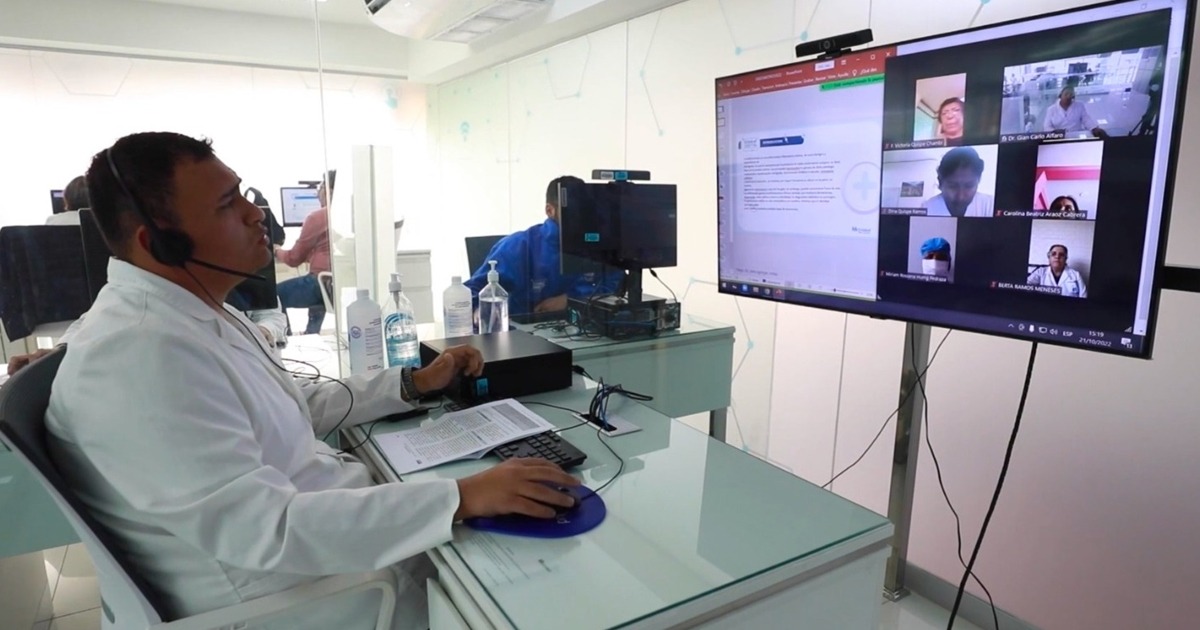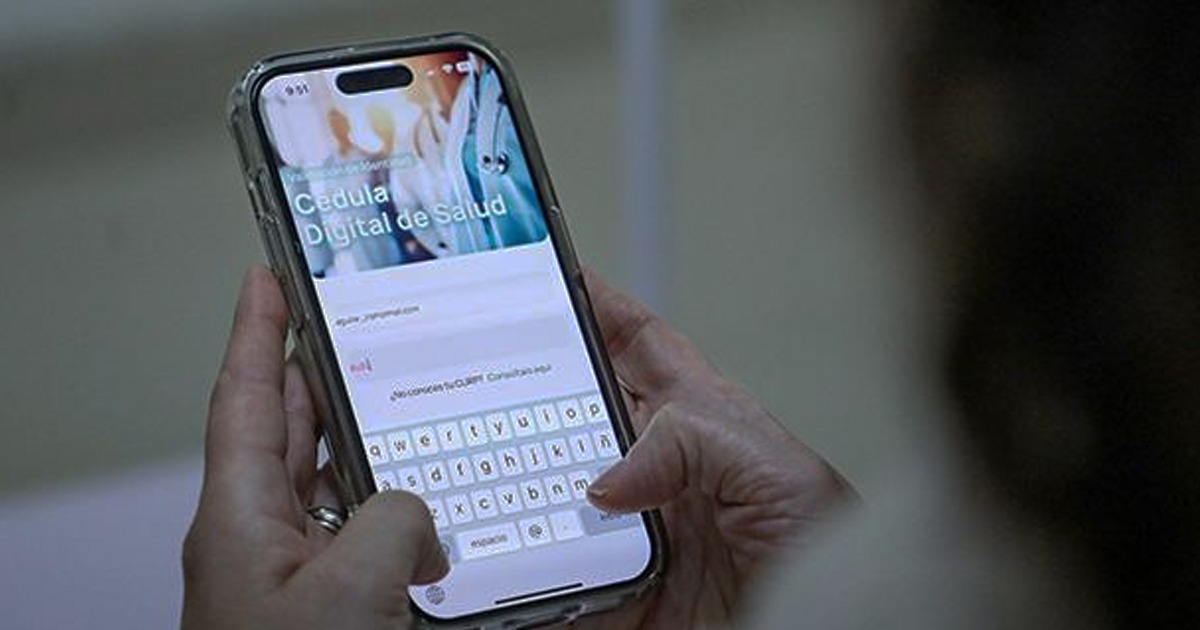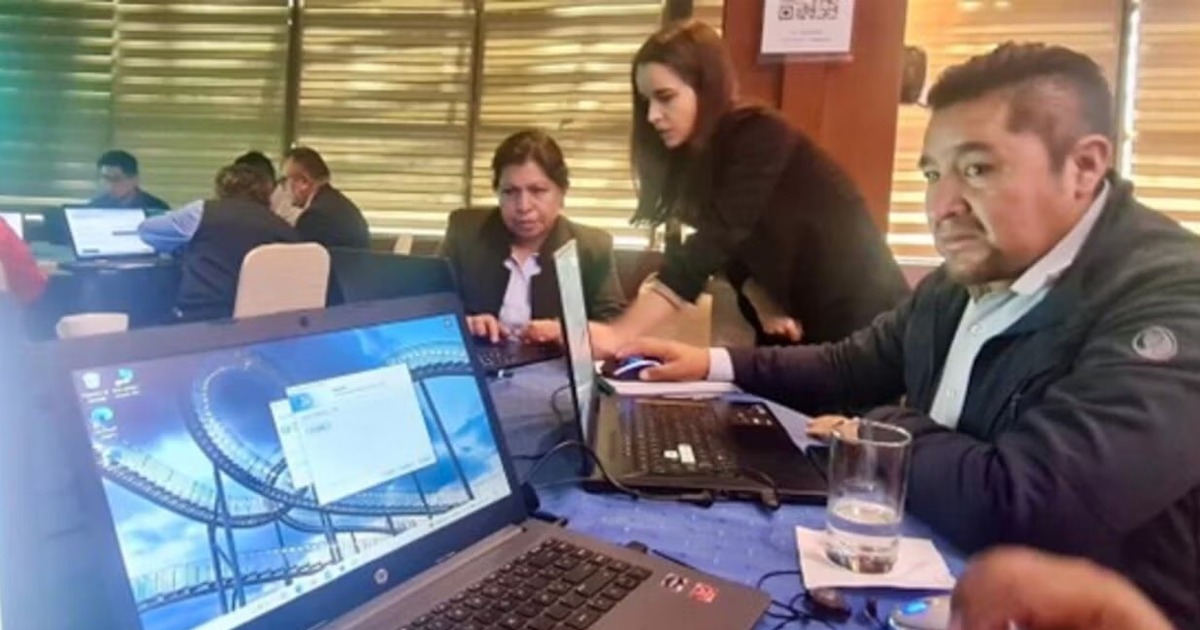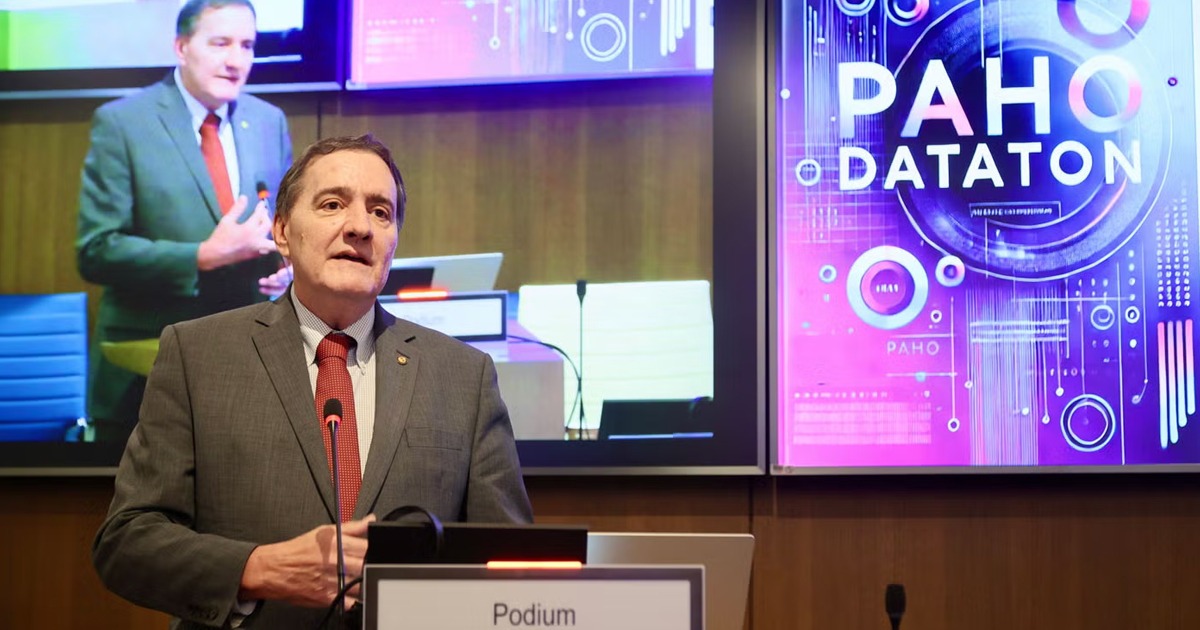Parkinson’s is a disease that progressively affects the central nervous system and decreases the quality of life of patients if the necessary treatment is not available. Digital Health seeks tools that meet the needs in the care, monitoring and rehabilitation of patients.
Parkinson's is a disorder that presents new advances and discoveries every year, and is on the medical agenda around the world. Different initiatives have long been presented in the field of Digital Health that are related to the monitoring and rehabilitation of the disease.
There are two types of this condition: Primary Parkinsonism (when the cause of the disease is unknown, but genetic inheritance has been identified as a risk factor) and Secondary Parkinsonism (when its origin comes from pathologies or medications); in both cases they are difficult to treat because it was not possible to measure the body's reactions when patients suffer a crisis at an early stage.
Currently, there are already conferences such as"Parkinson and new technologies" which was held at The Science Museum of Valladolid by the General CSIC Foundation.
This event had different objectives, being one of the main ones the validation and understanding of new techniques to help those affected by Parkinson's disease.
The event consisted of different activities that promote knowledge about this disease and to invite the public to enter a new field of research and interaction with the world of science and health. Among them are the launch of the exhibition“A vivir que son 100 años””; provides a scientific vision for healthy old age. Likewise, guests were able to witness a panel with Carlos Rodríguez de Torre, president of the Parkinson Valladolid Association, Laura Carrasco, director of Parkinson’s Madrid Association and Guillermo de Arcas, director of the Laboratory of Acoustic Neuro of the Polytechnic University of Madrid.
"It is important to highlight the importance of deepening the possibilities that digital technologies can offer in this field through their experience in different technological innovation projects," said Laura Carrasco.
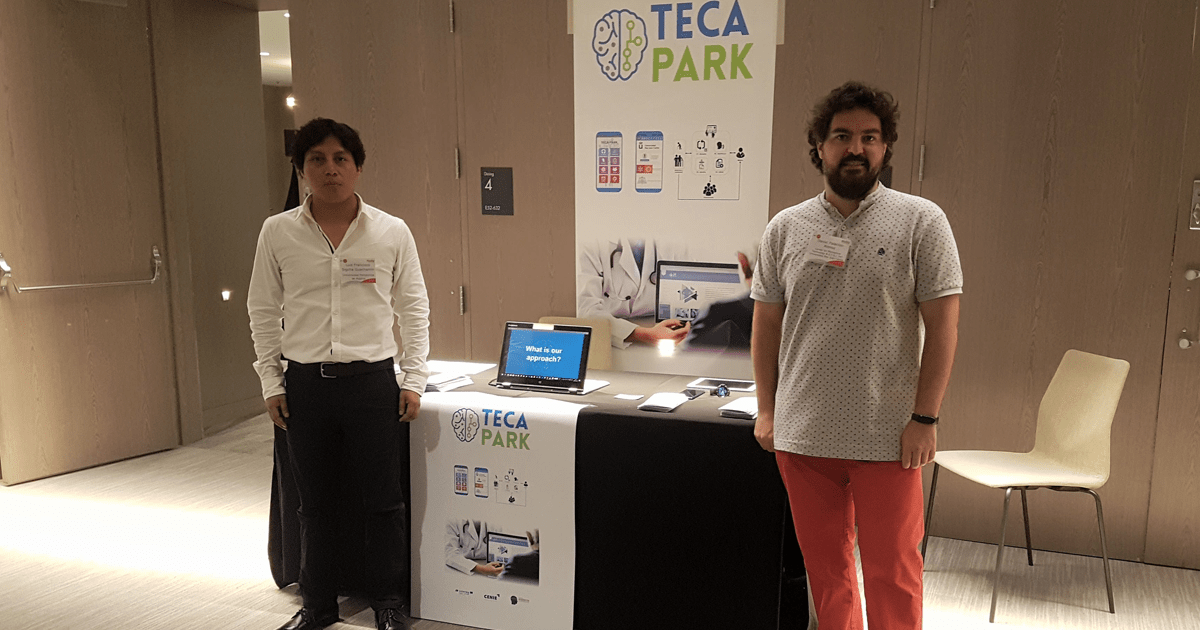
It was an event that highlighted the great advances and the variety of future plans that are considered to be expanded. However, the key moment was when Guillermo Arcas, representative of the Polytechnic University of Madrid, unveiled what is now known as the Teca-Park Project, whose functionality allows any affected to monitor their main symptoms to remotely evaluate their evolution.
The deployment of this new technique finds its stimulus in the use of easily accessible digital platforms that, through their interface, propose exercises and questionnaires typical of good follow-up and rehabilitation. The flow of interaction also involves the doctors who provide treatment and the caregivers.
It is possible to highlight the high potential of discoveries that emerge in a world that was once virtually unknown to patients, their doctors and society at large.
Another approach
Within the Consumer Electronic Show, which took place in Las Vegas, we could see:
- A spoon specialized in controlling tremors and that automatically generates associated statistics in patterns to be stored in the cloud.
- A walking stick that informs relatives when the patient falls.
- 3D reproduction of movements so doctors can have a more unique picture of what the patient is experiencing in each of their crises.
It is very important to remember that, so far, it is a condition that has no cure and that strongly affects the quality of life of patients and their families, hence the importance of seeking diverse methods for their treatment, that support that it ceases to be an invalidating when doing routine activities and seek detection and solutions at an early stage.
CYL NEWS
TEAK PARK
http://www.i2a2.upm.es/tecapark/
INTERNATIONAL UNIVERSITY OF VALENCIA
https://www.universidadviu.com/tipos-parkinson-formas-las-ayudan-las-nuevas-tecnologias/
